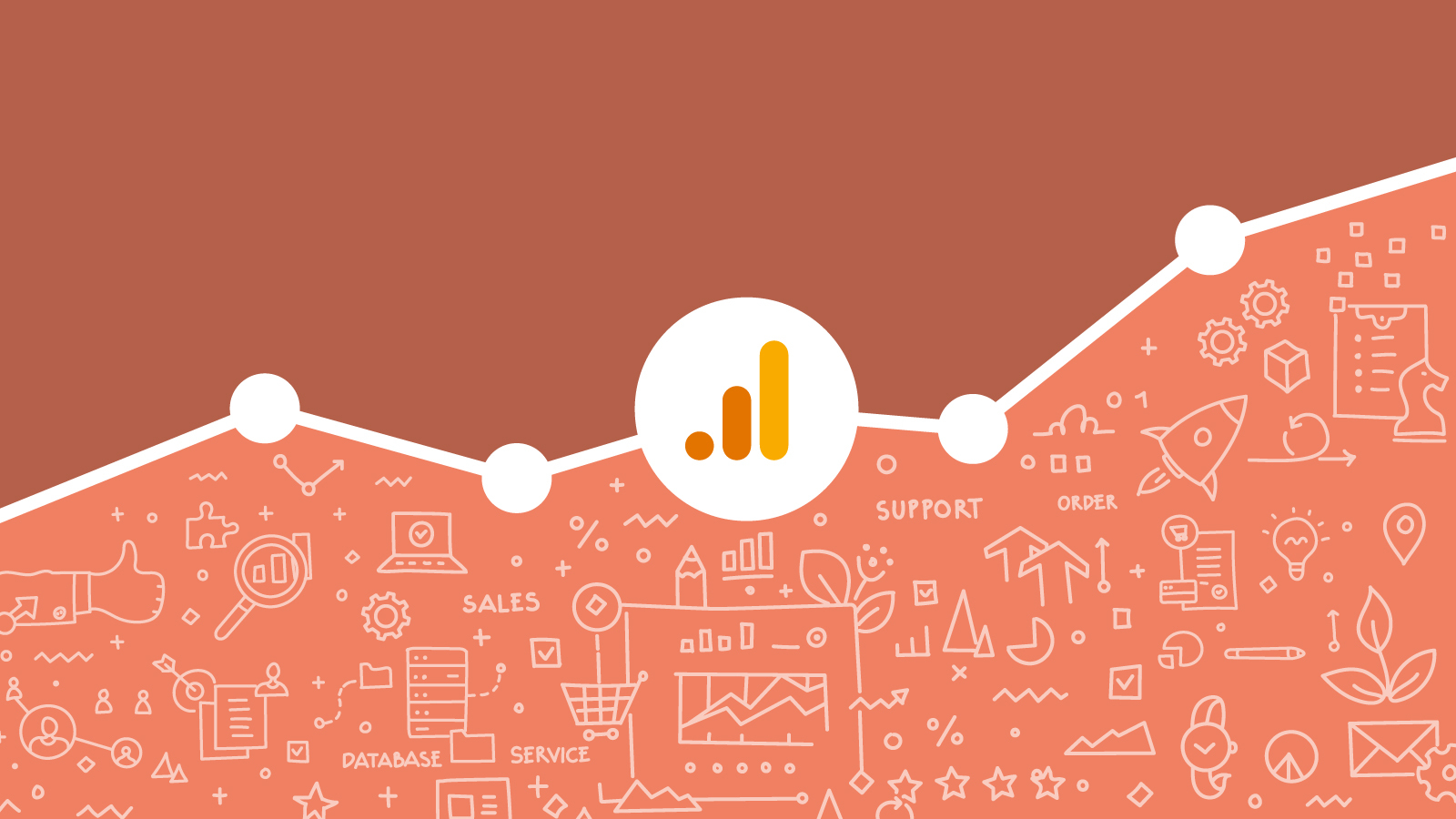The ultimate guide to using Google Analytics 4 effectively, to make the most out of your company data.
Companies now have access to more data than ever before. But many fail to see that collecting data is just a means, not an end. Vast files of information are not useful if you are not empowered by that information to make smart decisions about how to market your product and attract more customers.
Google Analytics is one of the leading tools to collect and understand data.
What is Google Analytics 4?
Google Analytics is a tool to monitor traffic and engagement on your website and apps. It breaks down the views on your site so you can see where viewers are coming from such as through a search engine like Google, via social media or elsewhere. You will also be able to view other information such as how long they spent on each page and other key metrics about visits to your site and app.
It collects data, delivers it in easy-to-understand graphics and also uses machine learning so you can maximise the information and allows you to make informed business decisions.
Google Analytics was launched in 2005 and has been updated several times. In October 2021, Google announced its latest version - Google Analytics 4 (GA4). This is the most powerful version yet and is tailored for the apps and websites and also for contemporary privacy laws.
Should I use Google Analytics 4?
Yes, you should use GA4. Having GA4 will allow you to process information about your customers, what they are viewing and what they are avoiding. With this information, you will be able to make smart business decisions to tailor your marketing strategies.
As long as you have it set up and gathering data, you're prepared for any updates or new features Google releases.
This will make your company more efficient as you will spend less time and money on strategies that are not working. Instead, you can use targeted and tailored campaigns to reach a willing audience in search of your products.
What's the difference: Universal Analytics vs Google Analytics 4?
The main differences between GA4 and previous versions (GA3 and Universal Analytics) are privacy, machine learning and the ability to set more specific preferences. Above all, is a new ability to track traffic across platforms such as desktop traffic and app traffic.
Compared to previous versions, there is a much more intuitive way for you and customers to manage their privacy settings. GA4 appears to be preparing for the eventual death of cookies. This improved privacy and flexible settings are at the core of GA4.
There are some other key differences between the old and the new version. Firstly, GA4’s use of machine learning.
This machine learning, among other things, allows for accurate journey tracking across your app and your website. In previous versions, you would be able to see who ‘bounces’ from your site quickly and who clicks through to other pages. But there may have been a disconnect between your app and your site.
With GA4 you can see if a customer visits your app, then your site or vice versa. Perhaps they view a product from your site and buy it on the app or flick between both over a few days before settling on a purchase. All of this is now trackable on GA4 as it incorporates User ID natively across all reporting, analysis and insights and does not require a separate User ID reporting view to follow users on the site and the app.
Though GA4 monitors traffic by default, you may also want to track specific data such as form submissions, video views and external link clicks. To do this, you need an ‘event’. In GA4, the ability to track events is far easier and more intuitive. It does not require any coding or changes to your website or app, like in previous versions. Now it is simple. There is now a list of default events such as scroll behaviour and transactions, and the ability to set up others manually.
Data is not a one-size-fits-all approach. A large net collecting all information is likely to overwhelm you and be counter-productive. One business may want to know the price of a purchase while another may want to track journeys in more detail. GA4 allows you to define parameters far more specifically than previous versions.
Commercially, there are improvements to the graphics and visuals making it easier to understand the data also.
Does Google Analytics 4 cost money?
No. Google Analytics 4 is free, just as previous versions were free too. It takes just a few minutes to set up. You will not get information immediately as it needs 48 hours to collect enough data on your website and app traffic.
What advantages does Google Analytics 4 offer?
The first advantage is at the centre of GA4’s launch - privacy. Not only will this new level of privacy instil confidence in your company from your customers, it is also flexible and ready to evolve. This means in a changing landscape of data privacy laws you will not have to be constantly updating, changing or worrying about your data analytics tool to keep pace with the legal environment.
The journey tracking is a vital advantage for businesses in today’s commerce environment. All previous iterations of analytics tools have focused on a desktop driven world, on the assumption that customers are making their purchases through the computers and laptops. That is no longer a reality. But, until now, it has been impossible to accurately track data across both your app and your website simultaneously. This new granular level of information will surely become the norm for business and it is time to move with the evolution and incorporate GA4’s new functions into your marketing decisions.
This streamlined process will optimise your campaign performances, improving marketing return of interest. This improved ROI stems again from the improved ability to track data across apps and sites.
For example, if a customer comes to your site, views a product, then views it again later on the app and fills out part of their details before finally completing the purchase later on the desktop later, it would have been hard to optimise this customer’s views in terms of ad space. However, with the cross platform tracking and integrating of GA4 and Google’s advertising, you can now efficiently target potential customers, increasing the value of your marketing budget.
GA4 is a leap forward in data analytics. Tools, until now, have been lagging behind customer behaviour and the near universal reliance on apps. This new view of data across platforms brings analysis into the 2020s and it is time to get on board.
To find out more or for any questions you may have, get in touch.




